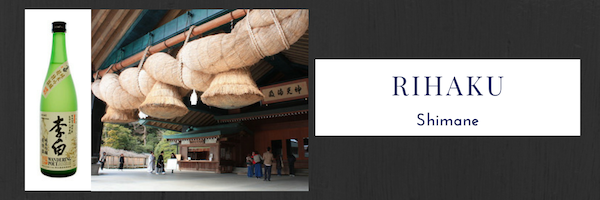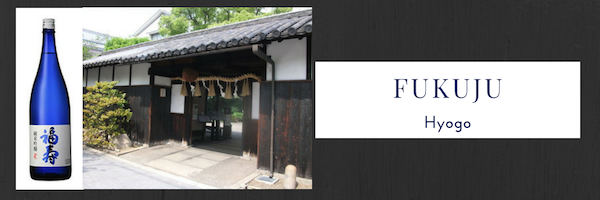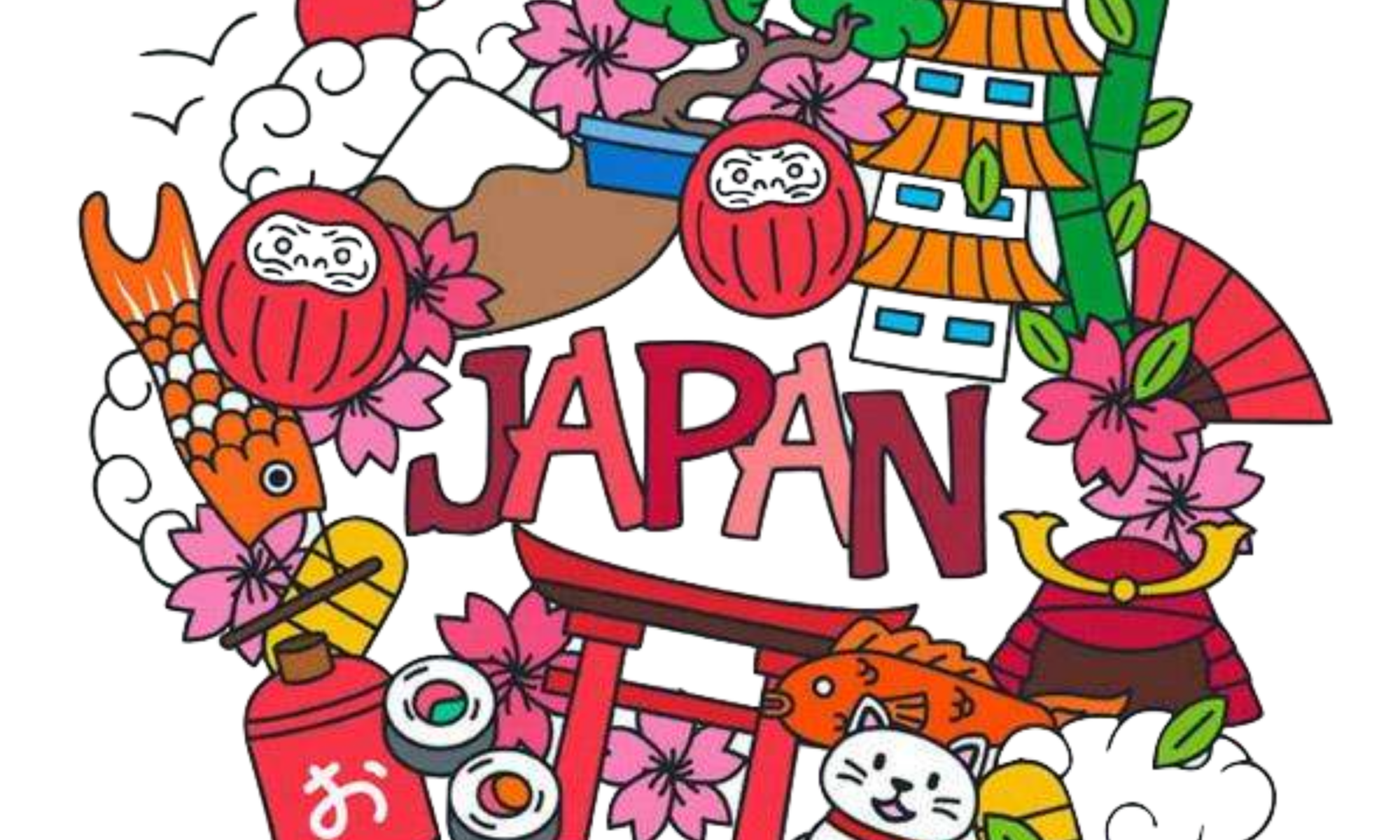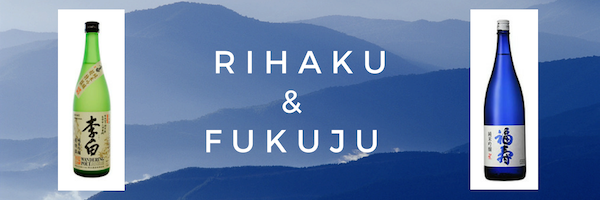You can taste Rihaku, Rihaku Shuzo from Shimane prefecture, and Fukuju, KOBE SHU-SHIN-KAN BREWERIES,LTD from Hyogo prefecture.
Rihaku (Rihaku Shuzo)

Shimane is part of the Chugoku Region, along with four other prefectures (Tottori, Okayama, Hiroshima, and Yamaguchi).
Shimane can be considered to be the birthplace of sake for its long and important history, which dates back to the time of mythology. Myths and records remain to tell us the deep connections between Shimane and sake. For example, Saka Shrine in the Izumo region enshrines a deity of sake brewery. The annual gathering of all of the deities of Japan so that they may hold meetings in Izumo is a widely known part of the folklore. After the meetings, most of the deities went back to their enshrined places, but some deities found sake so delicious that they stayed there and enjoyed sake for another six months. The place where they stayed and drank sake is believed to be the origin of Saka Shrine. The shrine is one of the very rare shrines where is allowed to brewer sake. In October, one month ahead to the brewing season, an important ritual takes place at Saka Shrine and people related to sake brewery pay a visit hoping they can make good sake for the upcoming season.
Rihaku Shuzo was founded in 1882 in Matsue City in Shimane, although it was not until 1928 that we adopted the name Rihaku. Rihaku was a famous poet in China, and is also known in English as Li Po. He is as important in Chinese literary history as Shakespeare is to people in Britain. Rihaku lived from 701 to 762, and was heavy drinker. He was a kind, open-minded, wandering poet that was famous for drinking a lot before writing. He was known to have said, “I drink a bottle, and can write 100 poems.” They make use of Rihaku’s poems and phrases in their brochures and on their labels, and quote him often. Several of their sakes are named with phrases from the great poet’s words.
Tasting at home by amazon
Rihaku Wandering Poet Junmai Ginjo Chotokusen【純米吟醸】【島根】李白 純米吟醸 超特選 720ml
Fukuju (KOBE SHU-SHIN-KAN BREWERIES,LTD)

One of the most renowned sake brewery areas in Japan,”Nadagogo.” The Fukuju brewery is located in there. Founded in 1751.
Considered one of Japan’s best sake-brewing areas, this coastal cluster of towns located around 12 kilometers from Kobe City and Nishinomiya City includes Nishigo, Mikagego, and Uosakigo. It is said that breweries began producing sake around 1330.
You can take a walk through the heart of the brewing area down Sake Brewery Street, which is home to many independent museums that shed light on the sake production process. Fukuju brewery offers tours and samples of their wares.
Recommended Route
Hanshin Uozaki Station → (Walk 10 min) → Kiku-Masamune Sake Brewery Museum → (Walk 10 min) → Hakutsuru Sake Brewery Museum → (Walk 15 min) → KOBE SHU-SHIN-KAN BREWERIES,LTD → (Walk 20 min) → Sawanotsuru Museum
The best sake rice and source water are brewed carefully. Because of the high quality sake from Nada was already famous during the shogun period. The water is rich in minerals and generates a clear and powerful sake profile. Therefore sake from Nada is called “Otoko-sake (men’s sake)”.
FUKUJU Chotokusen Daigin is awarded SAKE COMPETITION 2018 Ginjo GOLD. Fukuju Junmai Ginjo was served at the dinner and reception for the Japanese scientist who won the Nobel Prize in 2012. Since then it has become ultra popular in Japan and you cannot find it on the shelves anywhere.
KOBE SHU-SHIN-KAN BREWERIES,LTD Home page
Tasting at home by amazon
Fukuju Junmai Ginjo 神戸酒心館 福寿 純米吟醸 化粧箱入り 720ml [兵庫県]
DATE AND TIME
2018/10/31 (Wed)~2018/11/06 (Tue) 10:00~20:00
You cannot go? Check out ichibansake Event Calendar
LOCATION
Seibu Ikebukuro B1F
〒171-0022 Tokyo, Toshima, Minamiikebukuro, 1 Chome−28−1
Access
Directly connect
Ikebukuro Station South Exit, Exit 38, Exit 36
Web site
For more information visit, 今週の酒と肴

